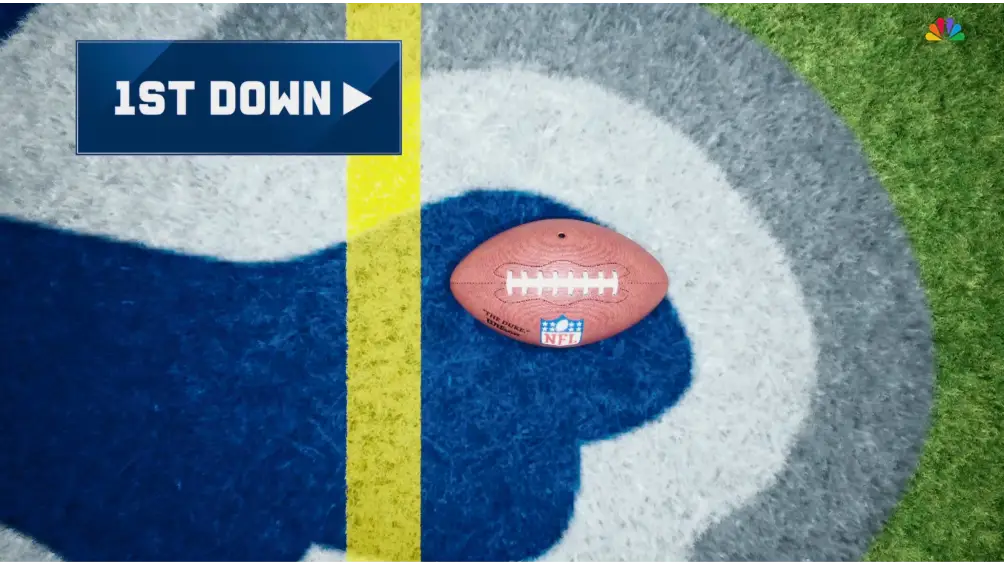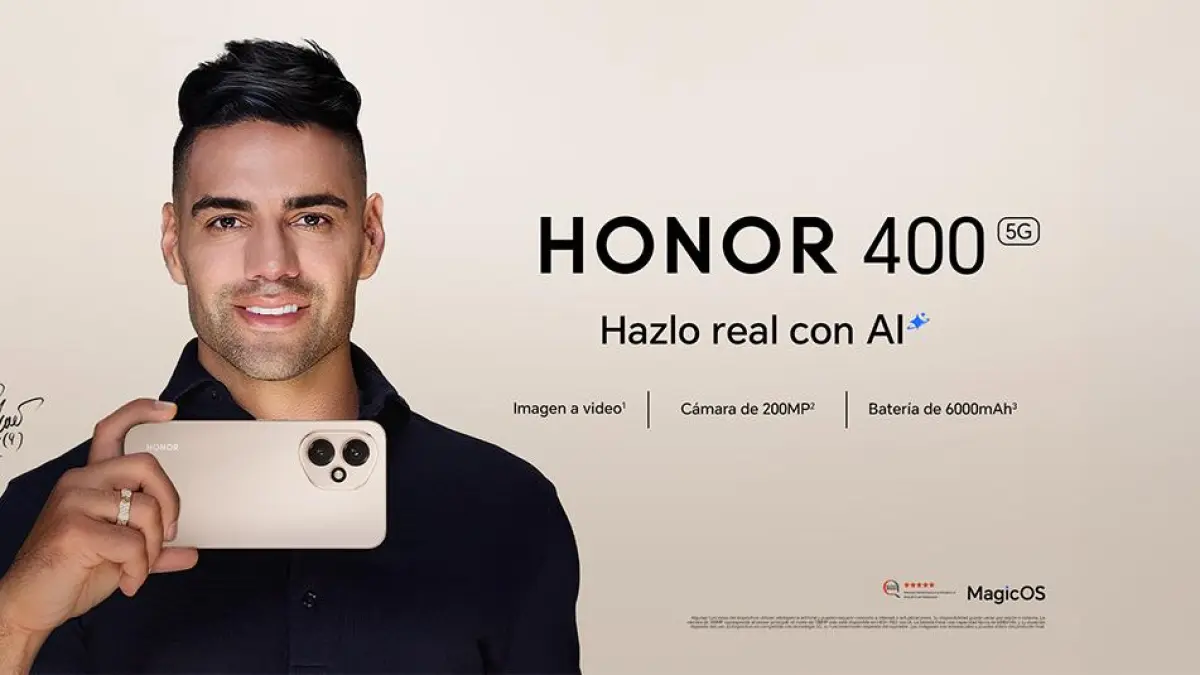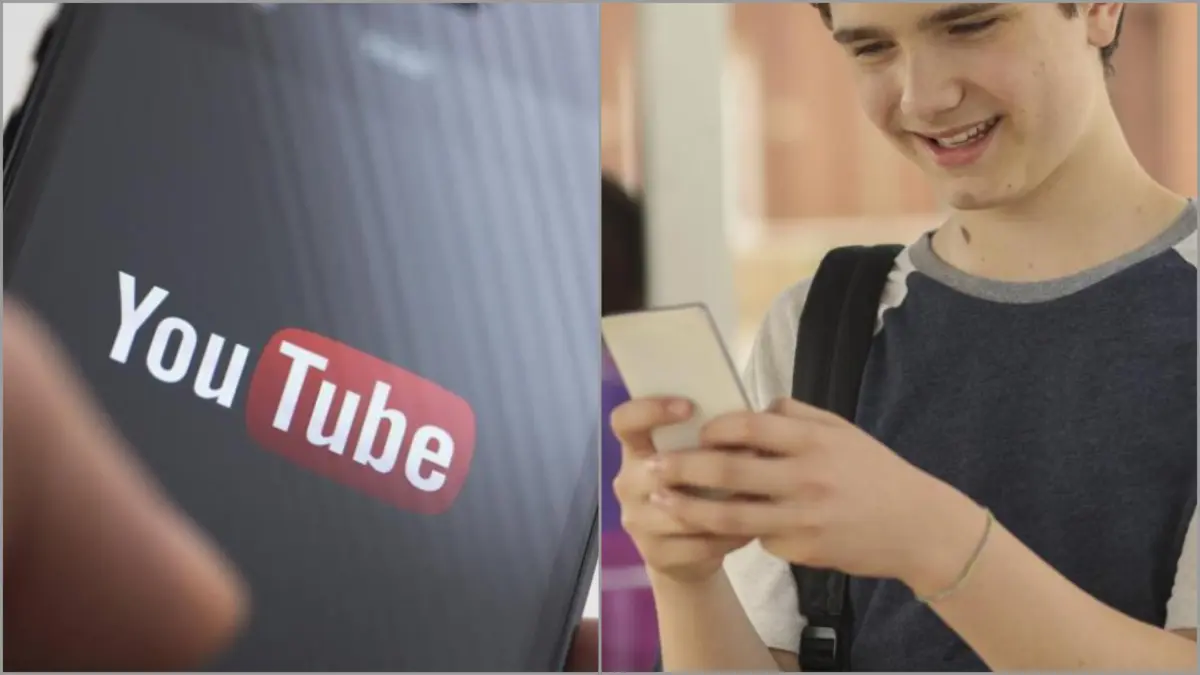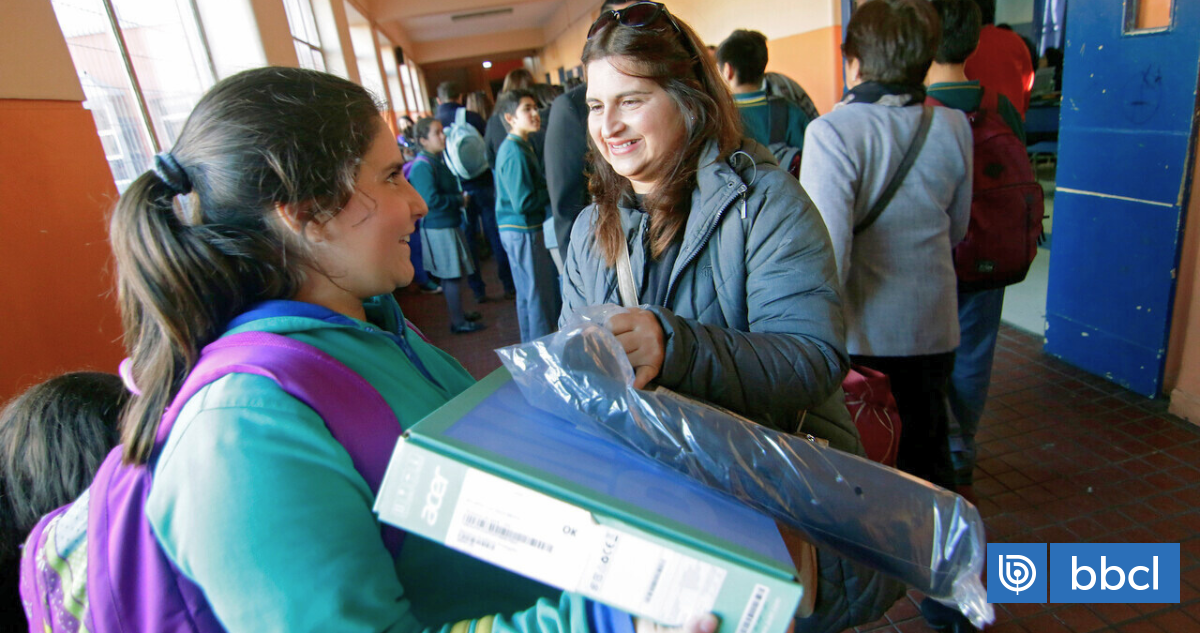Tesla Faces $329 Million Judgment in Autopilot Fatality Case: A Landmark Ruling
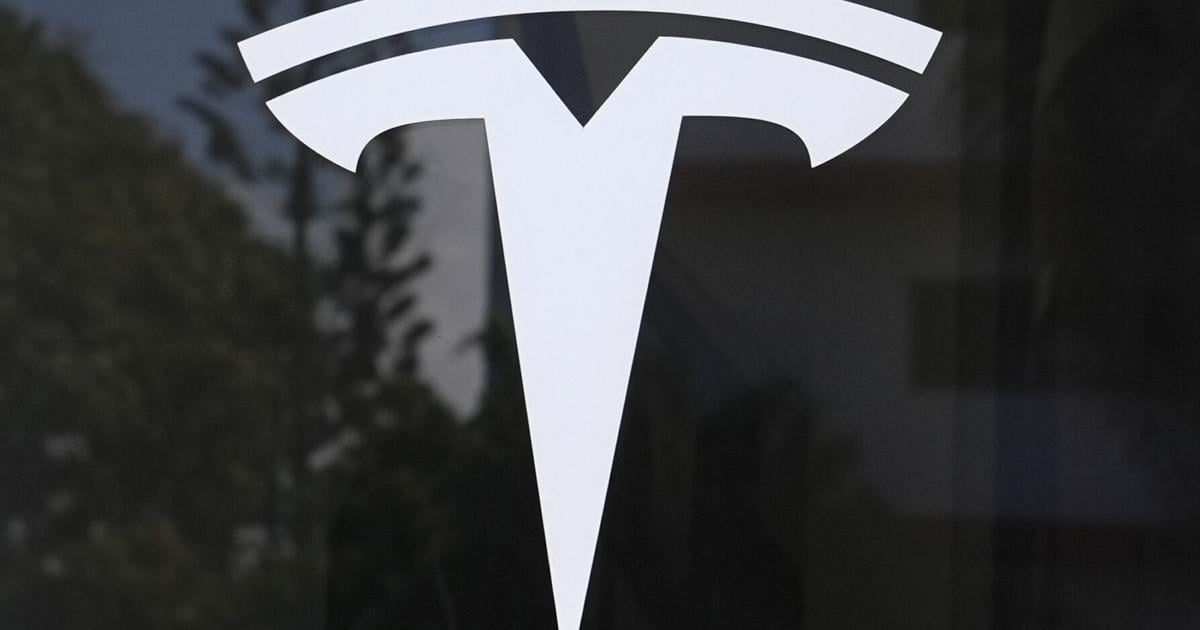
Tesla is reeling after a Miami jury ordered the company to pay a staggering $329 million in damages to the family of a man killed in a 2023 car accident involving its Autopilot system. This landmark ruling represents a significant legal setback for the electric vehicle giant and could trigger a wave of similar lawsuits questioning the safety and efficacy of its driver-assistance technology.
The lawsuit, brought by the family of Javier Pozo, alleged that Tesla’s Autopilot system was defective and contributed to the fatal crash. Pozo's Model 3 was traveling at high speed on a highway when it veered across lanes and collided with a concrete barrier. The family argued that Tesla failed to adequately warn drivers about the limitations of Autopilot and that the system’s design was flawed, leading to the tragedy.
During the trial, the plaintiffs’ attorneys presented evidence suggesting that Tesla knew about the risks associated with Autopilot but prioritized profits over safety. They highlighted internal documents and Tesla’s marketing materials, arguing that the company misled consumers about the capabilities of the system. Conversely, Tesla’s defense team attempted to portray Pozo as solely responsible for the accident, claiming he misused Autopilot and failed to maintain proper control of the vehicle.
The jury sided with the plaintiffs, finding Tesla 80% responsible for Pozo's death and Pozo himself 20% responsible. The $329 million judgment includes $170 million in compensatory damages and $159 million in punitive damages, intended to punish Tesla for its alleged negligence and deter future misconduct. This punitive damage amount is particularly noteworthy and signals the jury's strong disapproval of Tesla's actions.
Legal Implications and Future Outlook: This ruling has far-reaching implications for Tesla and the broader automotive industry. It establishes a precedent for holding automakers accountable for the performance and safety of advanced driver-assistance systems. Experts predict a surge in lawsuits from individuals injured or killed in accidents involving Autopilot or similar technologies.
Tesla is expected to appeal the verdict. Elon Musk, Tesla's CEO, has publicly criticized the verdict, calling it “wildly excessive” and stating that the company will fight it. Regardless of the outcome of any appeal, this case underscores the growing scrutiny surrounding autonomous driving technology and the need for rigorous safety standards and transparent communication with consumers.
The case also raises critical questions about the future of Autopilot and other advanced driver-assistance systems. Will automakers be forced to implement stricter safety measures? Will consumers become more wary of relying on these technologies? The answers to these questions will shape the evolution of autonomous driving and its impact on road safety.
Key Takeaways:
- Tesla faces a significant financial and legal challenge.
- The ruling sets a precedent for holding automakers accountable for Autopilot safety.
- Future lawsuits involving advanced driver-assistance systems are likely.
- The case highlights the importance of transparency and safety in autonomous driving technology.



